Photo credits: Texas State Historical Association
Slocum, a formerly unincorporated municipality in Texas, was predominately African American at the beginning of the 20th century. The town was similar to Rosewood, Florida, and unlike other Texas localities.
Numerous Black residents of Slocum were highly property-rich, with a handful of them owning shops and other establishments. In some sections of the South, this alone had the capacity to cause a tidal wave of murders. There were, however, more problems in the vicinity of Slocum, some 100 miles east of Waco, as per ancient press accounts. The jealously and resentment that the city’s adjacent White residents were harboring seared under the surface.
An altercation apparently took place once a White man attempted to recover a questionable debt from a respected Black resident. Strong emotions persisted. A prominent white man named Jim Spurger was enraged and turned into an activist after a provincial street construction foreman placed an African American in command of recruiting workers for local roadway upgrades.
There were suspicions of intimidation, violence, and serious preparations for racial unrest were made. White populace manipulators corrupted their fellow citizens. White frenzy transformed into copious quantities of carnage on July 29, 1910. Angry white mobs comprised of Slocum locals and other highly armed white citizens from other Anderson County, Texas cities patrolled the region in groups of six or seven or in mobs of 30 to 40 members.
They were provoked by Spurger and others. Some stories claim that some enraged white mobs included 200-person groupings. This culmination of white outrage at the Black-owned independence in East Texas gave birth to the Slocum Massacre, a massive race-based bloodbath, which historians describe as an exhibit of pure savagery. It is not known how many were slaughtered during the all-out assault on Slocum’s Black community.
Reports claimed that throughout the middle of the summer of 1910, a shocking number of African Americans were brutally murdered in the Texas counties of Anderson and Houston. Today, however, the macabre destruction of Black life, which occurred during the Slocum Massacre is seldom ever mentioned, much less generally accepted, well investigated, or taken into account historically.
Proof of this came to light during a systematic exclusion of information in A Centennial History of Anderson County, Texas (published in 1936), as well as in The History of Houston County, Texas, 1687-1979. ( published in 1979).

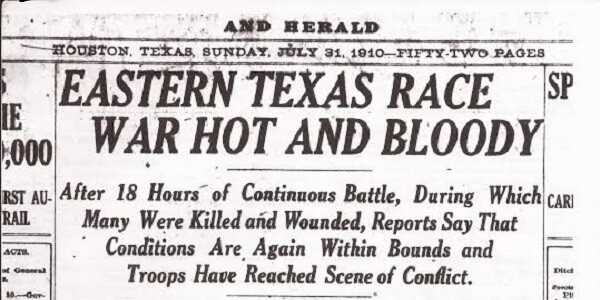





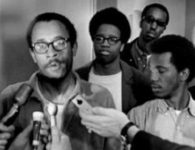
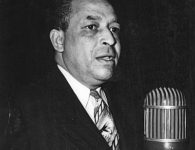

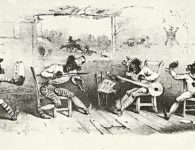
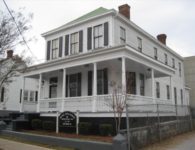
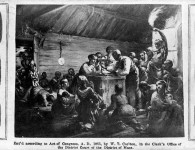


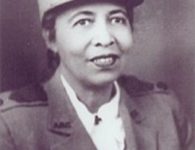





No comments